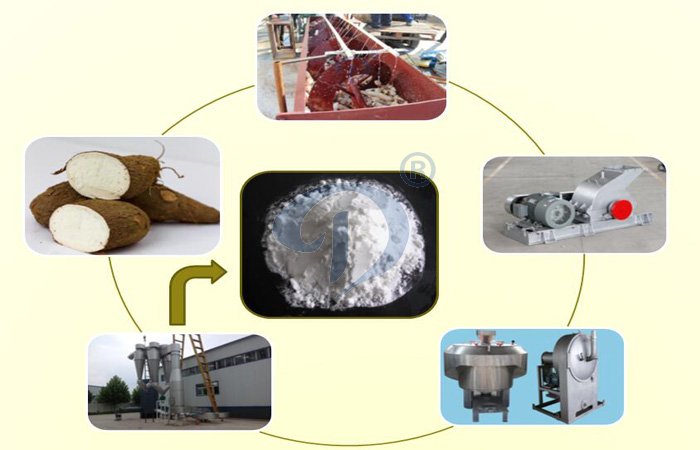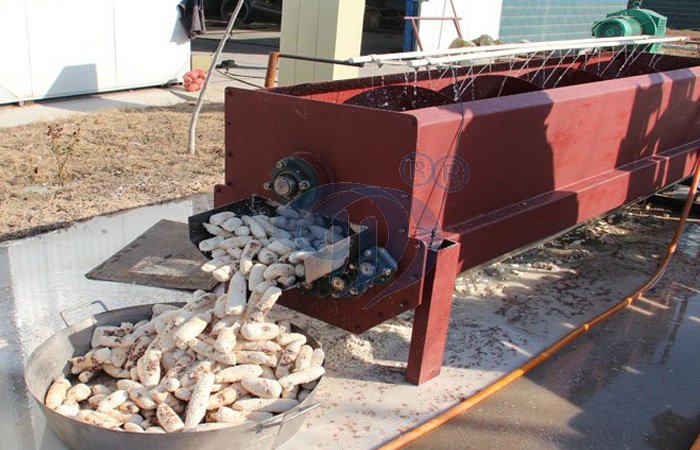What are the expanding of cassava used for food manufacturing?
Expanding cassava used for food manufacturing:
Technologies exist for the use of cassava as a partial substitute for wheat in bread-making and biscuits, pastries and snack foods manufacture. In Africa, the amount of cassava used for food manufacture by the food industries is insignificant. For example, in Nigeria in the late 1990s, an insignificant 3 tonnes of cassava was used per year for food manufacture compared with maize, 133 000 tonnes. Use of cassava as a partial substitute for wheat in food manufacture will increase if the practice can result in a reduction in the prices of the manufactured composite cassava and wheat flour food products compared with the prices of the same products made with 100 percent wheat flour.
In Africa, due to an array of reasons, the composite cassava and wheat flour food products are not cheaper than the 100 percent wheat flour food products. For example, a partial substitution of cassava for wheat in bread flour requires expensive supplementary viscosity enhancers such as eggs, milk and gums to compensate for the lack of gluten in cassava.

Cassava flour processing machine
Using cassava flour for bread-making and for the manufacture of biscuits, pastries and snack foods requires a reliable supply of cassava flour with constant quality. In Africa, cassava flour available on the market varies widely in quality because of the wide range of traditional methods of preparation used. Cassava flour of standard high quality will be more expensive and will increase the cost of the food products.
Other important factors such as the cassava variety, age of the cassava root and the cassava growing environment also influence the quality of the food products in which cassava flour substitutes partially for wheat flour. Measures to standardize cassava varieties, age of cassava roots and the cassava growing environments will further increase the costs of the food products in which the cassava flour is used to substitute partially for wheat flour.
In Nigeria, the technologies for the use of cassava as a partial substitute for wheat flour in food manufacture that were developed at IITA and other research centres were adopted by food industries when wheat flour was made scarce by the wheat import ban in the mid 1980s. When the wheat import ban was removed in the mid-1990s, however, the food industries readily reverted to the use of 100 percent wheat flour in food manufacture.

Cassava washing and peeling machine
In Africa, the increase in the cassava used in food manufacturing industries does not depend on technologies for partial substitution of cassava flour for wheat flour in bread, cookies and pastries, etc., but the increase in the use of cassava in food manufacturing industries requires the development of technologies for industrial manufacture and packaging of traditional African cassava food products, which have a snack value such as gari, attieke and chickwangue.
It was explained earlier that in Africa, past attempts to manufacture gari and chickwangue industrially failed because they were unprofitable. In Brazil, however, recent development in the use of cassava in food industries shows that sustained investment in research and development can make industrial manufacture of 100 percent cassava starch traditional food product profitable. For example, the main cassava-based fast food in Brazil is pao de queijo, a type of bread made with sour cassava starch, which has been fermented and dried.
PREV:What is the main ways of cassava products consumption?
NEXT:What are the main ways of cassava consumption in Africa?




